Alfie is doing her part to help fight global warming.


Alfie is doing her part to help fight global warming.
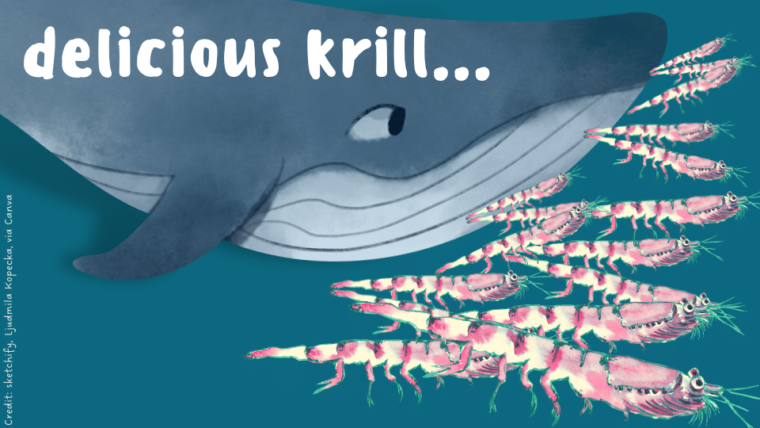
Learn about krill! These important organisms are a food source for many animals and play a role in carbon storage.
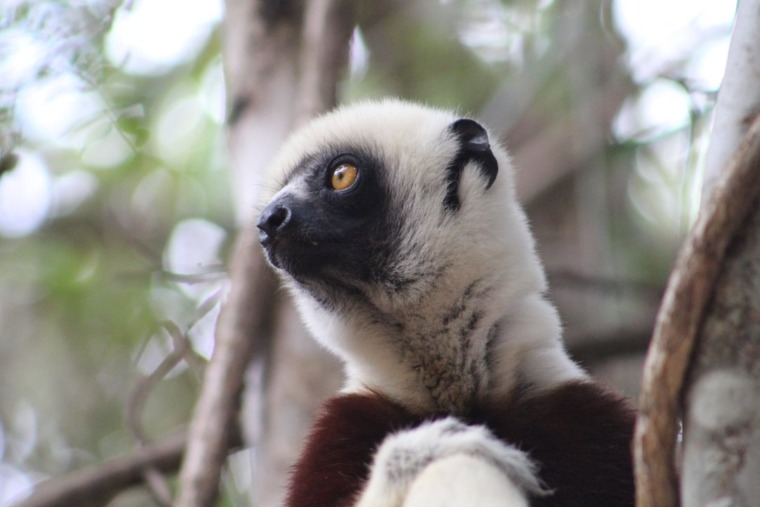
Meet Coral Chell, a scientists studying and working to protect the awesome Coquerel’s sifaka.
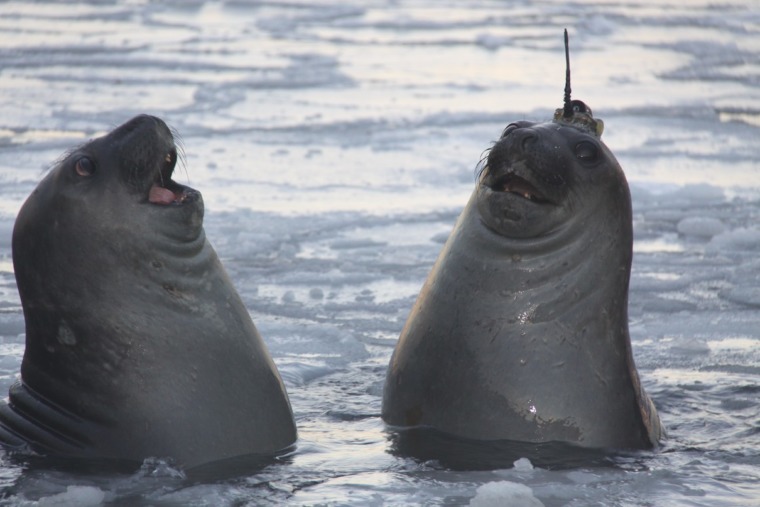
The Southern Ocean, also called the Antarctic Ocean, is the waters around the continent of Antarctica. Scientists are interested in observing and better understanding the Southern Ocean. They are curious about the creatures that live there, how sea ice forms, and what the Southern Ocean…
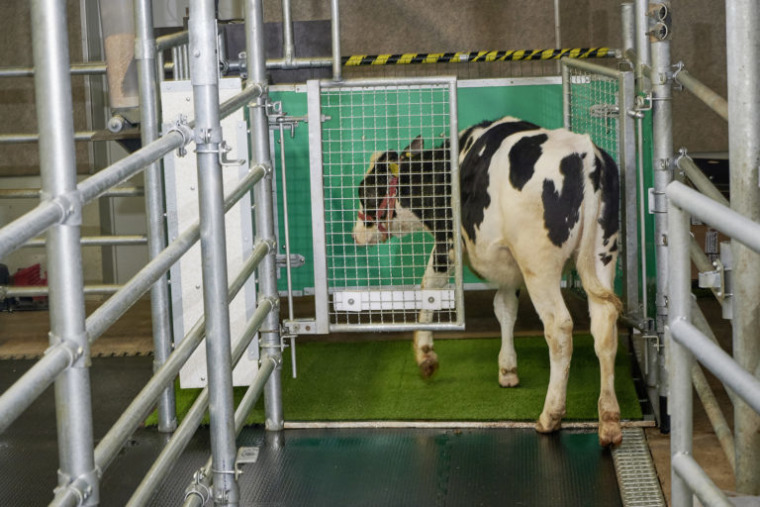
According to a recent study, cows can be potty trained just as quickly, if not quicker, than most toddlers. Image courtesy of Leibniz Institute for Farm Animal Biology. What is a MooLoo? Researchers have developed a special toilet for cows, which they have nicknamed the…
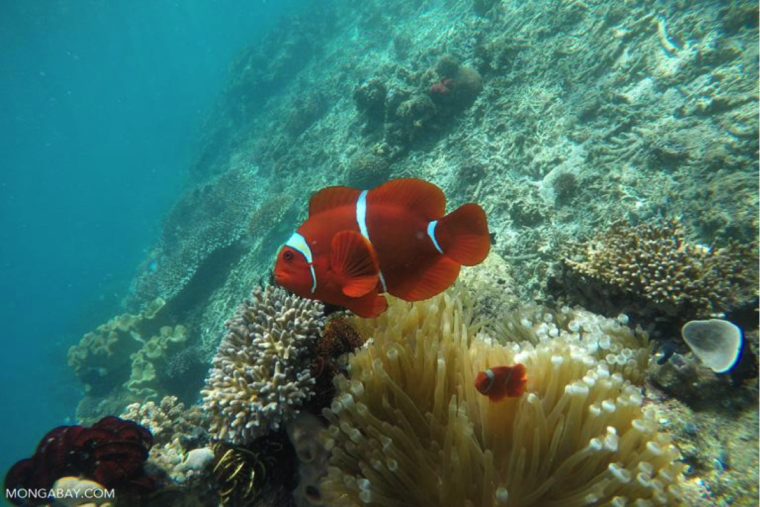
By Lisa Algee This article is part of a three-part series on oceans and coral reefs consisting of the following articles: Rainforests and coral reefs Ocean prognosis (this article) Coral reef solutions Each has been taken from the Mongabay main site and adapted to meet…
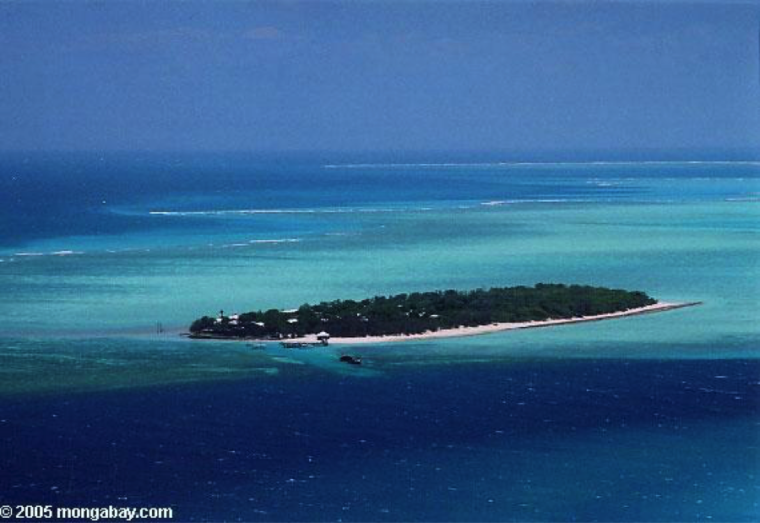
By Lisa Algee This article is part of a three-part series on oceans and coral reefs consisting of the following articles: Rainforests and coral reefs Ocean prognosis Coral reef solutions (this article) Each has been taken from the Mongabay main site and adapted to meet…